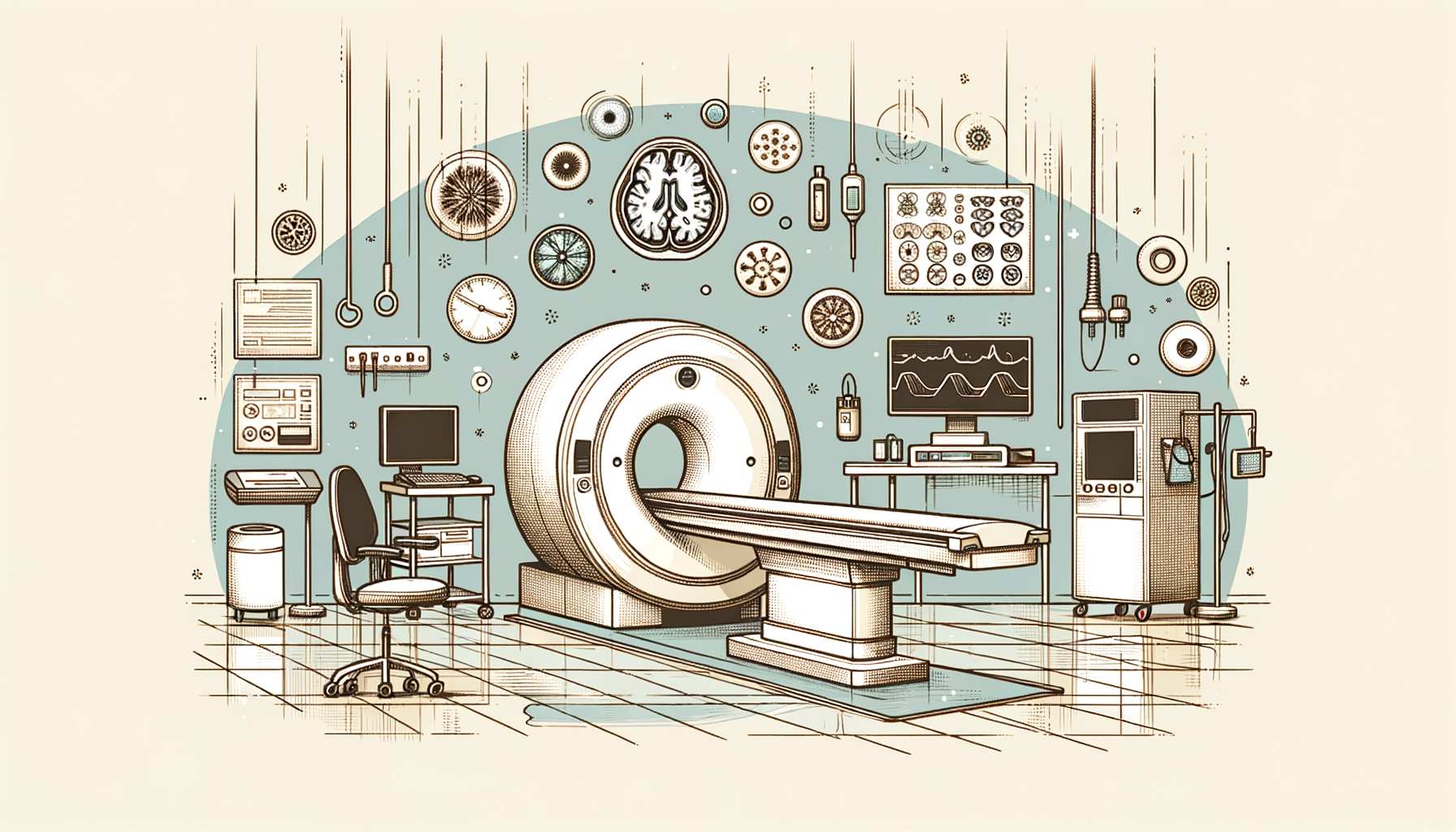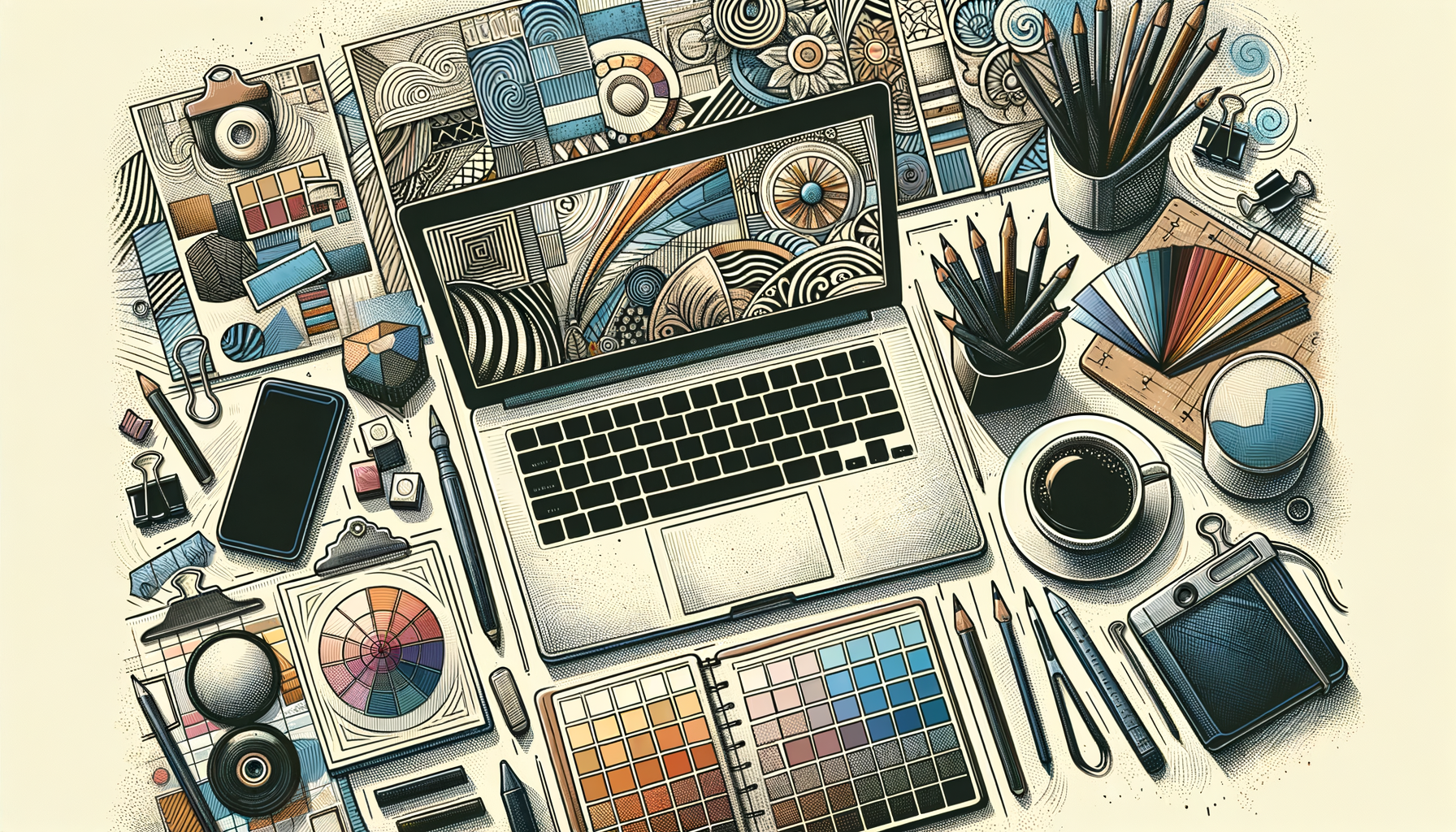Becoming an MRI Technician offers a rewarding career path in the healthcare industry, combining technical expertise with patient care. This role is essential for diagnosing medical conditions accurately through advanced imaging technology. For job seekers interested in medical technology and patient interaction, understanding the responsibilities and skills required for an MRI Technician is crucial to building a successful career.
Understanding the Role of a MRI Technician
The role of an MRI Technician is vital to healthcare organizations and diagnostic centers because it directly impacts patient outcomes and the accuracy of medical diagnoses. MRI Technicians help ensure compliance with safety standards and contribute to the efficiency of imaging departments, supporting overall healthcare growth and innovation.
- Operating MRI scanners to produce detailed images of patients’ internal structures.
- Preparing patients for scans by explaining procedures and ensuring comfort and safety.
- Maintaining and calibrating MRI equipment to meet quality and safety standards.
- Collaborating with radiologists and medical staff to interpret imaging results.
- Documenting procedures and managing patient records accurately.
Continuous learning and professional development are essential in this field to keep up with evolving imaging technologies and safety protocols, ensuring the highest standards of patient care and diagnostic accuracy.
Key Skills and Qualifications for a MRI Technician
The role of an MRI Technician is both technically demanding and patient-focused, requiring a blend of specialized knowledge and interpersonal skills. MRI Technicians must be proficient in operating complex imaging machinery and understanding anatomy and pathology to capture precise diagnostic images. Key responsibilities include patient preparation, image acquisition, equipment maintenance, and collaboration with healthcare teams. Qualifications typically include an accredited radiologic technology program and certification in MRI technology. Strong communication skills and attention to detail are critical for ensuring patient safety and image quality. As medical imaging technology advances, MRI Technicians have excellent opportunities for career growth through specialization and continuing education.
- Technical proficiency with MRI equipment and imaging software.
- Understanding of human anatomy and medical terminology.
- Certification from recognized bodies such as the American Registry of Radiologic Technologists (ARRT).
- Strong patient care and communication skills.
- Ability to follow strict safety and regulatory guidelines.
- Commitment to ongoing professional development and training.
Experience and Industry Knowledge
Experience as an MRI Technician typically involves hands-on operation of MRI scanners, patient interaction, and collaboration with radiologists and other healthcare professionals. Core tasks include conducting imaging procedures, troubleshooting equipment issues, and ensuring compliance with health and safety regulations. Achievements in this role often focus on improving imaging quality and patient satisfaction. Essential soft skills include empathy, teamwork, and effective communication, which enhance collaboration and patient trust. For job seekers, gaining practical experience through internships or clinical rotations is invaluable for professional effectiveness and career advancement.
- Practical experience with MRI technology and patient handling.
- Knowledge of safety protocols and regulatory compliance.
- Strong interpersonal skills for working with diverse patient populations.
Top Employers for MRI Technician Worldwide
- Mayo Clinic – Renowned for cutting-edge medical research and patient care, offering advanced imaging technology and career growth opportunities.
- Cleveland Clinic – A leading healthcare provider with a strong focus on innovation in diagnostic imaging and professional development.
- HCA Healthcare – One of the largest healthcare systems globally, providing diverse clinical settings and extensive training programs for MRI Technicians.
- National Health Service (NHS) – The UK’s public health service, offering numerous opportunities in hospitals and diagnostic centers with a focus on patient-centered care.
- Siemens Healthineers – A global leader in medical technology, providing innovative MRI equipment and career pathways in technical and clinical roles.
Frequently Asked Questions
- What qualifications do I need to become an MRI Technician?
You typically need to complete an accredited radiologic technology program and obtain certification in MRI technology, such as from the ARRT. - Is prior healthcare experience necessary?
While not always required, clinical experience through internships or related healthcare roles greatly enhances your skills and employability. - What are the main challenges of being an MRI Technician?
Challenges include managing patient anxiety, maintaining strict safety standards, and staying updated with rapidly evolving technology. - Can MRI Technicians specialize further?
Yes, many pursue advanced certifications or specialize in areas like neuroimaging or cardiac MRI to enhance their career prospects. - What is the job outlook for MRI Technicians?
The demand for MRI Technicians is expected to grow due to advances in medical imaging and an aging population requiring diagnostic services.
Conclusion
In summary, a career as an MRI Technician offers a dynamic blend of technical expertise and patient care, playing a critical role in modern healthcare diagnostics. Success in this field requires a solid foundation of technical skills, certifications, and a commitment to continuous learning. With opportunities to work in leading healthcare organizations worldwide and the potential for specialization, MRI Technicians are well-positioned for a fulfilling and stable career. For job seekers passionate about medical technology and helping patients, this profession provides a meaningful and evolving career path.






